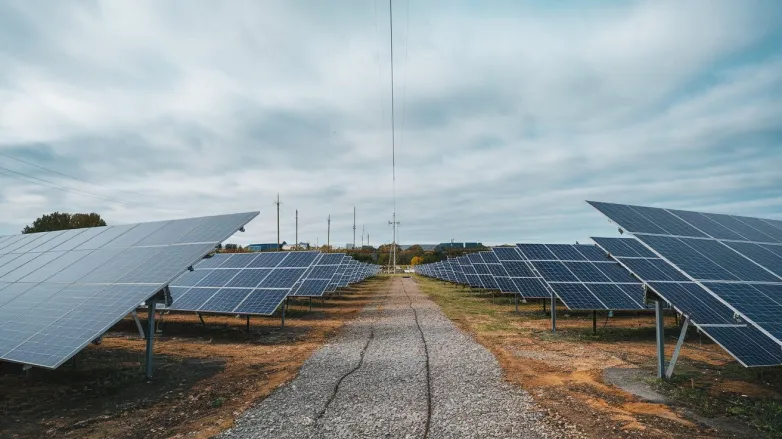Brazil Boosts Renewable Energy by 891 MW in January
- Brazil's renewable energy boom continues! In January 2025, 891.54 MW of new capacity, primarily from solar, wind, and hydropower, marked a crucial step towards a sustainable future.

In January 2025, Brazil's power sector regulator, Aneel, reported the connection of approximately 891.54 MW of new renewable energy capacity, primarily from solar, wind, and hydropower sources. Solar photovoltaic farms contributed the largest share, adding 567.21 MW with 13 new facilities. Additionally, new wind and hydropower plants contributed 315 MW and 9.33 MW, respectively.
Overall, Brazil's total new capacity amounted to 1,350.54 MW for the month, including 459 MW from two thermal power plants. As of February 6, Brazil's total installed power generation capacity reached 209,726.3 MW, with renewable energy making up 85.01% of that total. Aneel forecasts a significant growth of 9,950 MW in the electricity system for this year.
What impact will Brazil's new renewable energy capacity have on its electricity generation?
- Increase in Renewable Energy Share: The addition of 891.54 MW from solar, wind, and hydropower will further solidify Brazil's position as a leader in renewable energy, pushing the percentage of renewable energy in its overall electricity generation closer to or exceeding the current figure of 85.01%.
- Reduction in Greenhouse Gas Emissions: With a shift towards more renewable sources, Brazil can anticipate a substantial decrease in greenhouse gas emissions, contributing to global climate change mitigation efforts and improving air quality.
- Enhanced Energy Security: Increasing renewable energy capacity diversifies Brazil's energy resource base, reducing reliance on fossil fuels. This can help enhance the country's energy security, particularly in times of fluctuating fuel prices and supply disruptions.
- Job Creation: The development and construction of new renewable energy facilities are likely to create jobs in engineering, construction, operation, and maintenance, positively contributing to Brazil's economy.
- Rural Development Opportunities: Many renewable energy projects, particularly solar and wind farms, are located in rural areas. This can lead to local development through infrastructure improvements and increased economic activity.
- Innovation and Technological Advancement: The growth of the renewable sector often drives technological innovation. Brazil's commitment to expanding its renewable energy could result in advancements in energy storage, grid management, and efficiency.
- Investment Attraction: The capacity addition is likely to attract more domestic and foreign investment into Brazil's energy sector, fostering an environment conducive to the growth of clean technology and infrastructure.
- Diverse Energy Mix: The significant contributions from various renewable sources, including solar, wind, and hydropower, will ensure a more diverse energy portfolio, which is critical for energy stability and reliability.
- Decentralized Energy Production: Increased renewable energy capacity can promote decentralized energy systems, allowing for more localized energy production. This can increase resilience against outages and enhance energy access in remote areas.
- Meeting Domestic Demand: As Brazil continues to grow and industrialize, the newly added capacity will be essential in meeting rising electricity demand, especially in urban areas experiencing rapid population growth.
- Regional Cooperation: Brazil’s advancements in renewable energy capacity may encourage its neighbors to follow suit, leading to greater regional cooperation in renewable energy projects, trade, and technology sharing across South America.
Also read

